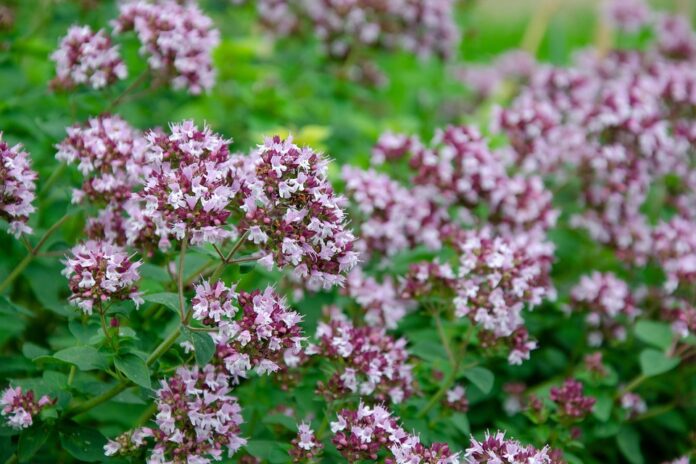Sustainability in Oregano Farming: Reducing Environmental Impact and Enhancing Soil Health
Introduction
Oregano is a popular herb used in a variety of culinary dishes and herbal remedies. The demand for oregano has been steadily increasing, leading to a rise in oregano farming practices. However, traditional farming methods can have a negative impact on the environment and soil health. In this report, we will explore how oregano farmers can adopt sustainable practices to reduce their environmental impact and enhance soil health.
Environmental Impact of Traditional Oregano Farming
Traditional oregano farming practices often involve the use of chemical fertilizers and pesticides, which can lead to soil degradation, water pollution, and harm to beneficial insects and wildlife. Additionally, the clearing of land for oregano cultivation can contribute to deforestation and loss of biodiversity.
Adopting Sustainable Practices
To reduce the environmental impact of oregano farming, farmers can adopt sustainable practices such as organic farming, crop rotation, and integrated pest management. Organic farming eliminates the use of synthetic chemicals, relying instead on natural fertilizers and pest control methods. Crop rotation helps maintain soil fertility and reduces the risk of pests and diseases. Integrated pest management involves using a combination of biological, cultural, and chemical controls to manage pests effectively while minimizing harm to the environment.
Enhancing Soil Health
Healthy soil is essential for successful oregano cultivation. Sustainable practices such as cover cropping, composting, and mulching can help improve soil health by increasing organic matter, nutrients, and beneficial microorganisms. Cover cropping involves planting cover crops like legumes to protect the soil from erosion, suppress weeds, and add nutrients. Composting helps recycle organic waste into nutrient-rich soil amendments, while mulching conserves moisture, suppresses weeds, and regulates soil temperature.
Financial Benefits of Sustainability
While adopting sustainable practices may require an initial investment, the long-term financial benefits can outweigh the costs. Organic oregano often commands a higher price in the market due to its perceived quality and environmental benefits. Additionally, sustainable farming practices can improve soil fertility and productivity, leading to higher yields and reduced input costs over time.
Industry Insights
Several companies in the oregano farming industry have already started implementing sustainable practices to reduce their environmental impact and enhance soil health. For example, Company A has switched to organic farming methods and implemented water-saving irrigation systems to reduce water usage. Company B has adopted crop rotation and integrated pest management to improve soil health and reduce the need for chemical inputs.
Conclusion
In conclusion, sustainability in oregano farming is essential to reduce environmental impact, enhance soil health, and ensure the long-term viability of the industry. By adopting sustainable practices such as organic farming, crop rotation, and composting, oregano farmers can protect the environment, improve soil health, and reap financial benefits in the long run. It is crucial for oregano farmers to prioritize sustainability to meet the growing demand for this popular herb while preserving the health of the planet.




